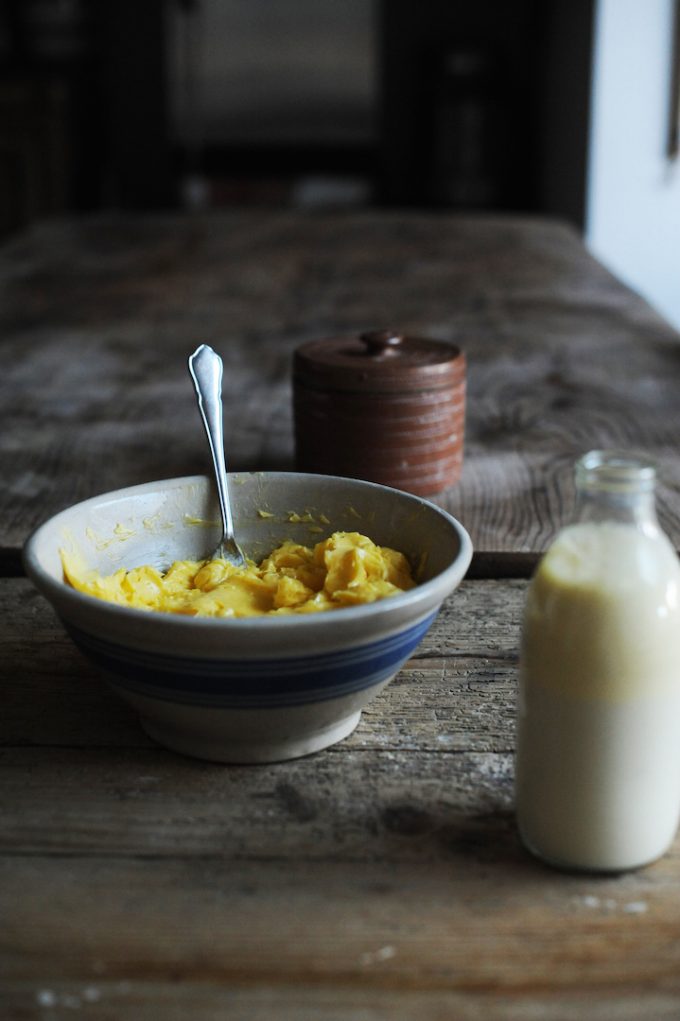
I carry the PLIN1 TT genotype, which means I produce significantly less perilipin-1, the protein responsible for protecting fat droplets inside fat cells. In a typical system, perilipin-1 acts like a protective coating—only allowing fat to be released when the body signals for it. But with lower expression, my fat stores are essentially exposed.
When I eat a high-fat meal—especially saturated fat from animal sources—there is a greater risk of unregulated fat leakage into my bloodstream. These free fatty acids don’t just float harmlessly. They:
- Impair insulin sensitivity
- Promote visceral fat storage
- Trigger low-grade inflammation
- Increase the risk of metabolic dysfunction, including fatty liver
- Make weight loss significantly more difficult
This explains why, despite eating well and fermenting botanical breads, weight has remained resistant. It isn’t about calories in vs. calories out—it’s about how my body handles fat storage and release at a cellular level.
WHAT THIS MEANS IN PRACTICE
I avoid animal fats not because they are inherently unhealthy for everyone, but because my physiology cannot handle them efficiently.
So I have made the following shifts:
- I’ve significantly reduced my intake of fatty cuts of meat, butter, cream, cheese, and poultry skin.
- I avoid broths made with fatty marrow or large fat caps.
- I favour olive oil, flax oil, and sometimes walnut oil in small amounts.
- If I eat animal protein, it is lean—such as white fish, wild game, or trimmed poultry—eaten in modest portions and always within the structure of sequenced eating.
I don’t rely on fat for satiety. I rely on fibre first, protein, and bitter botanical complexity. I use castor oil packs, cold therapy, and daily movement to compensate for my reduced capacity for fat mobilisation. I structure meals with a rhythm that avoids snacking and gives space for lipolysis to happen safely.
SUMMARY
For someone with the PLIN1 TT genotype, animal fat becomes metabolically unsafe. It leaks into the system, drives inflammation, and makes weight loss nearly impossible unless I mitigate it with precision.
Understanding this SNP has been transformative. It has given me clarity and compassion—not just for myself, but for every person I’ve ever met who felt like they were “doing everything right” and still couldn’t shift the weight.
This isn’t about willpower. It’s about biology. And it’s why food must be used as medicine—carefully, therapeutically, and with respect for our individual genetic blueprint.

